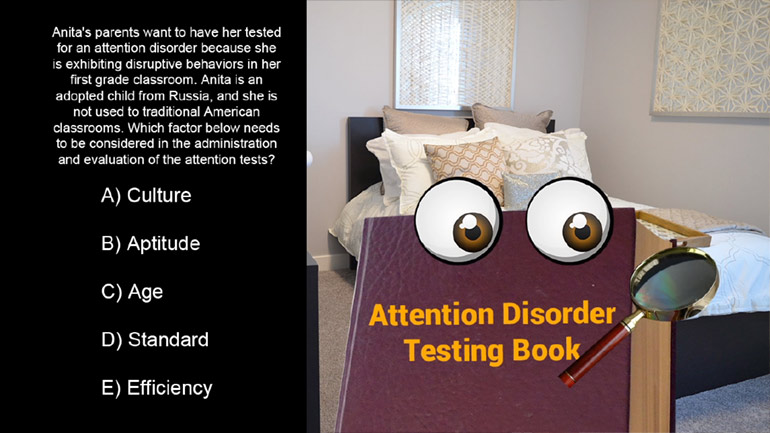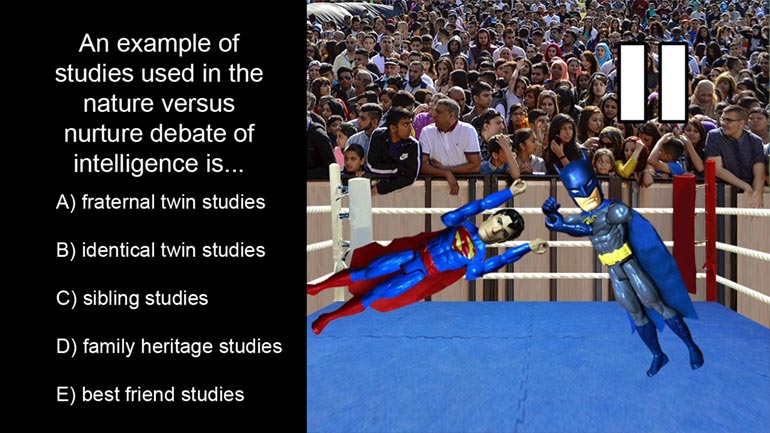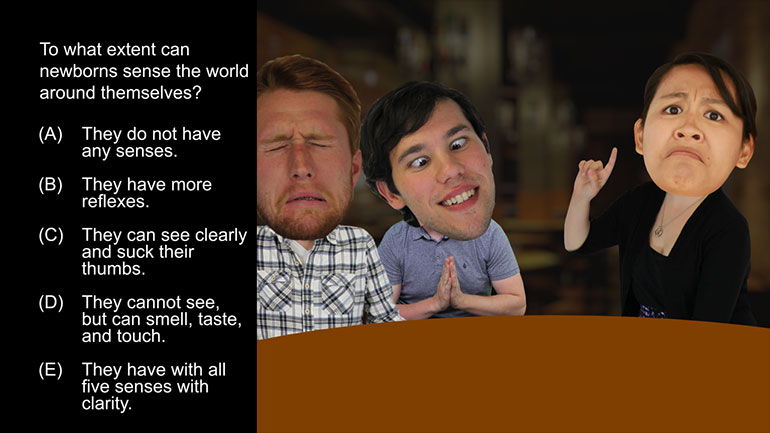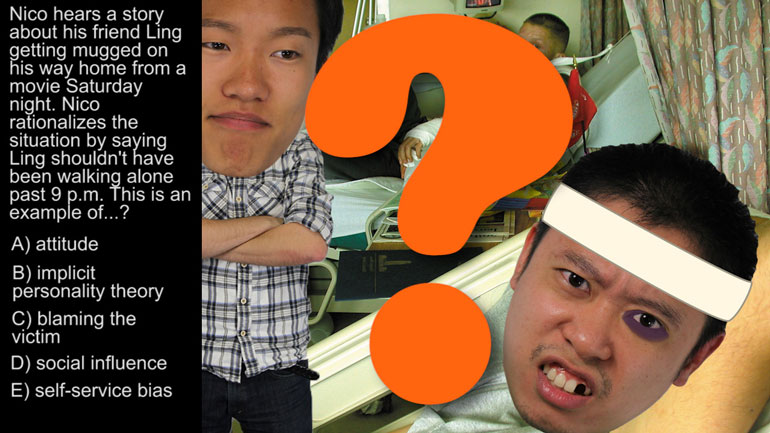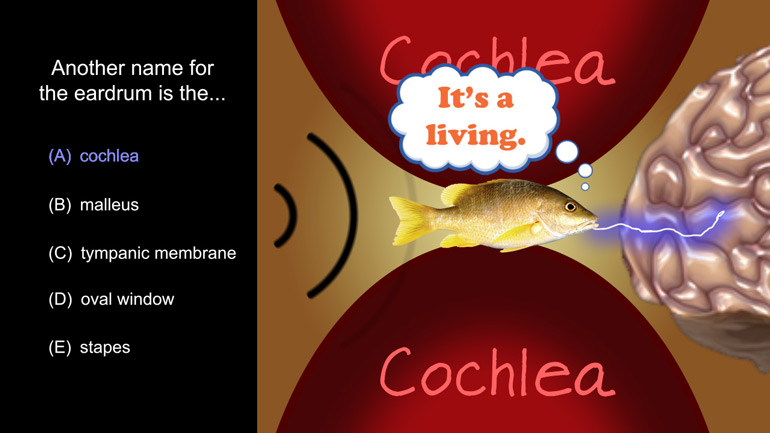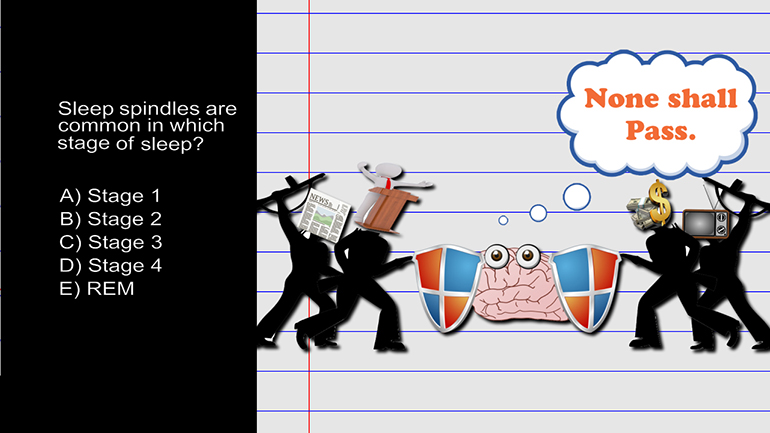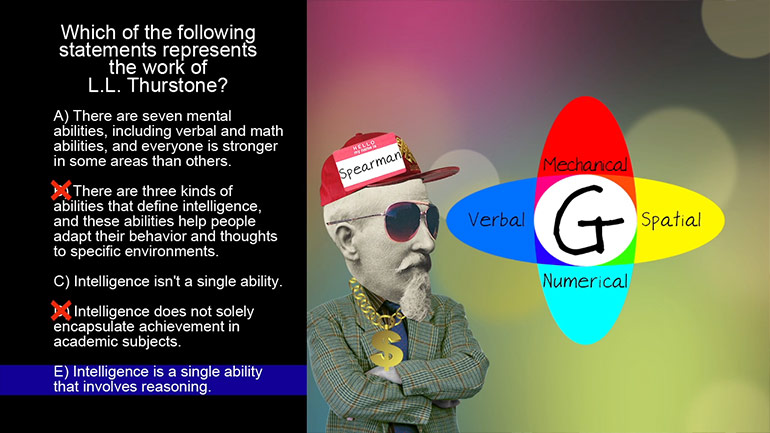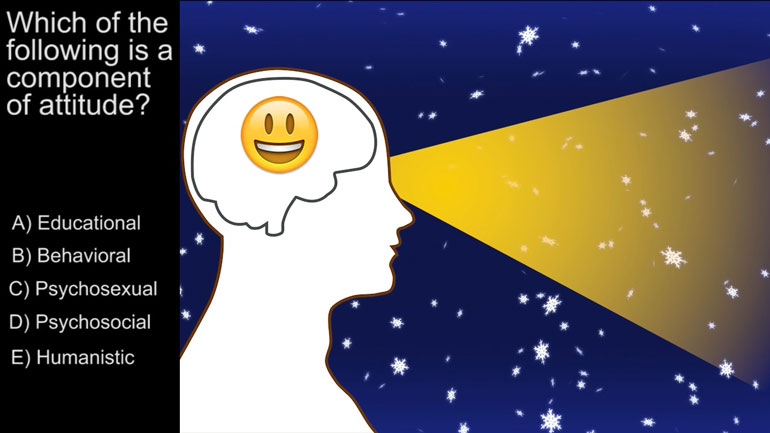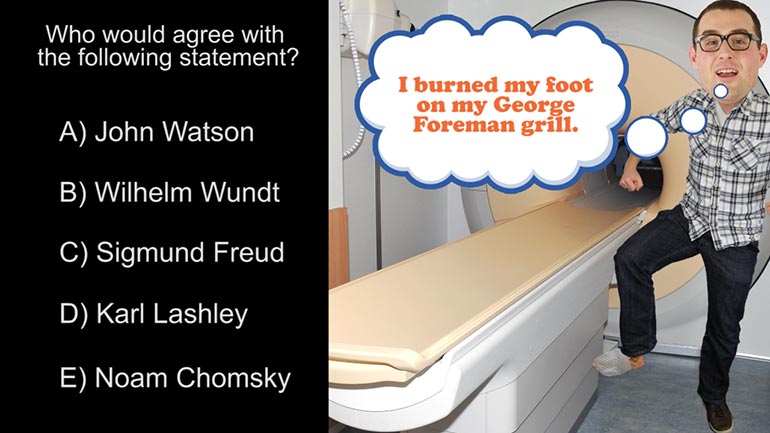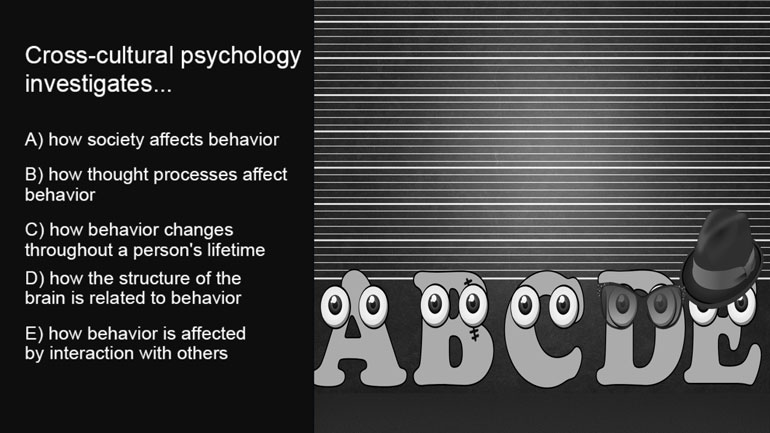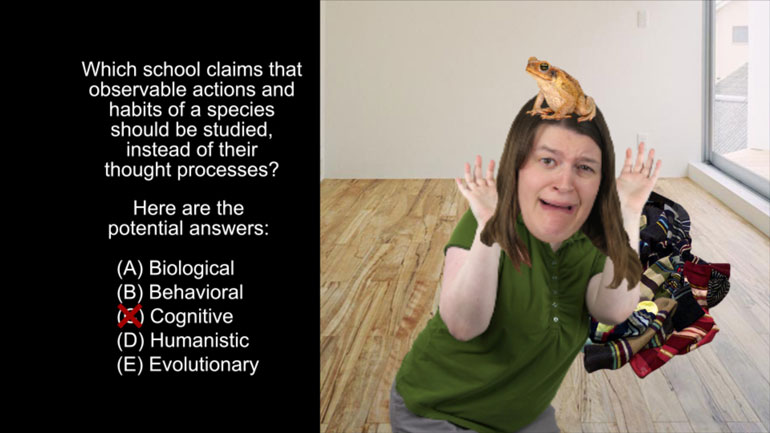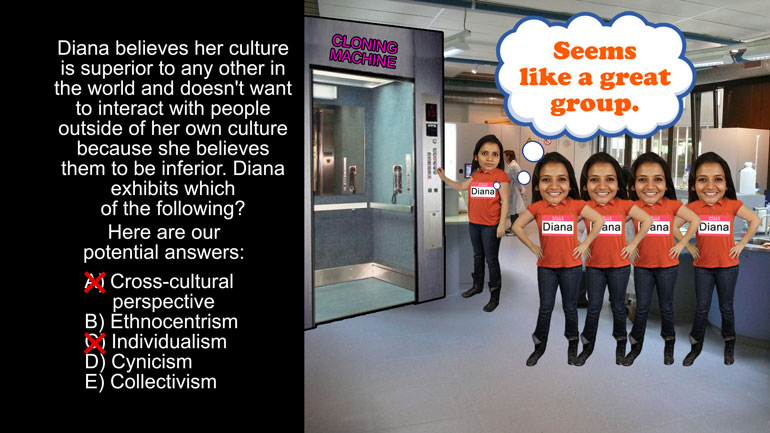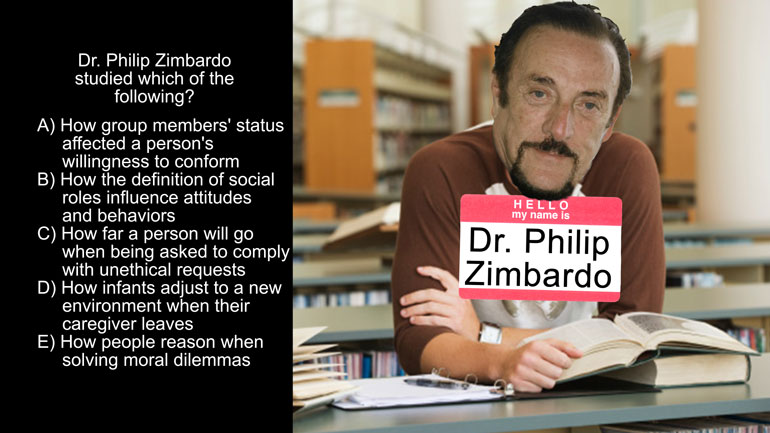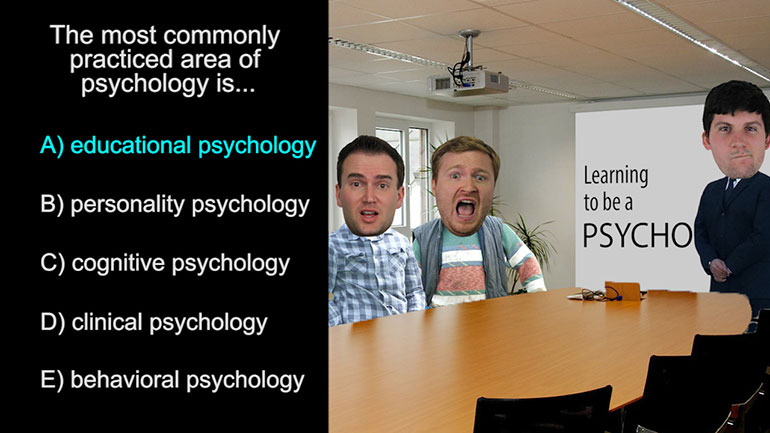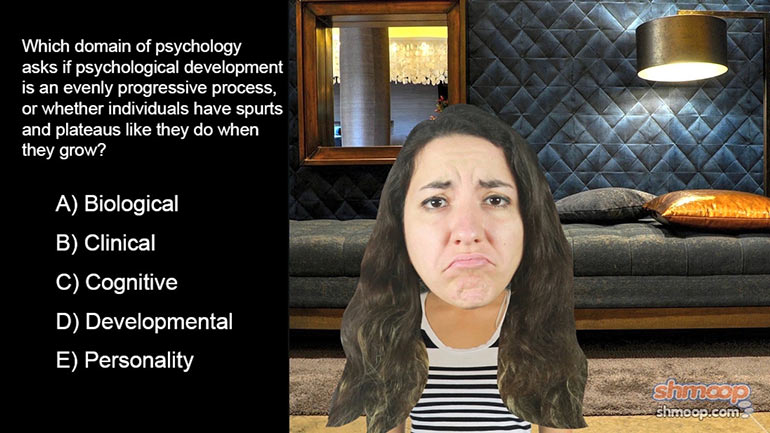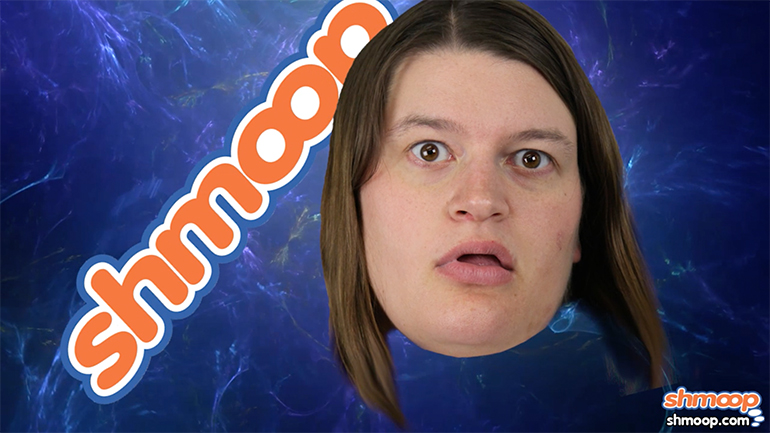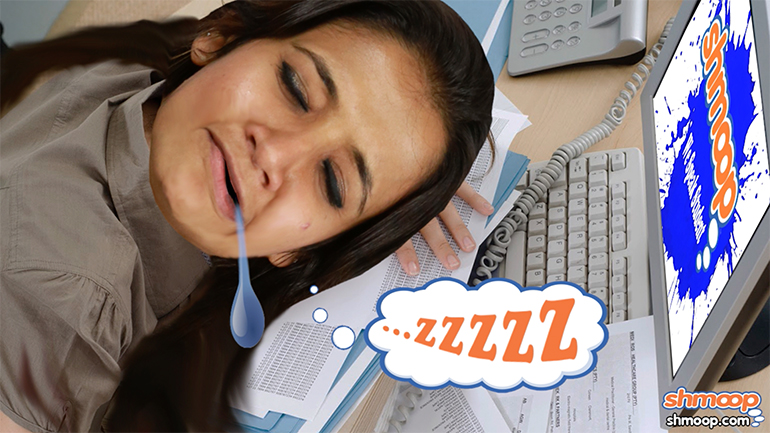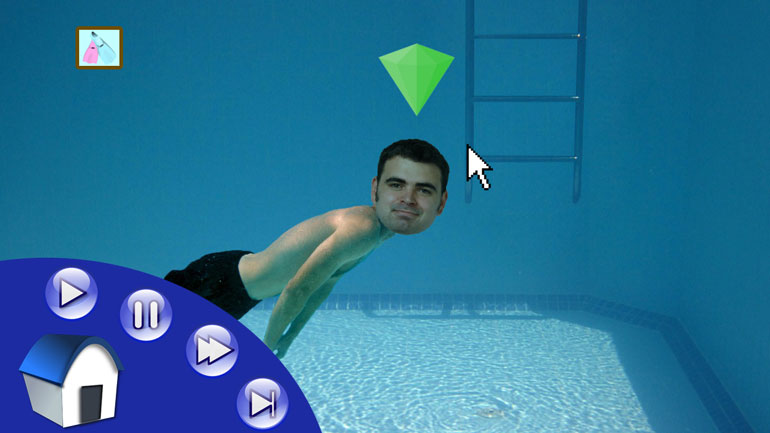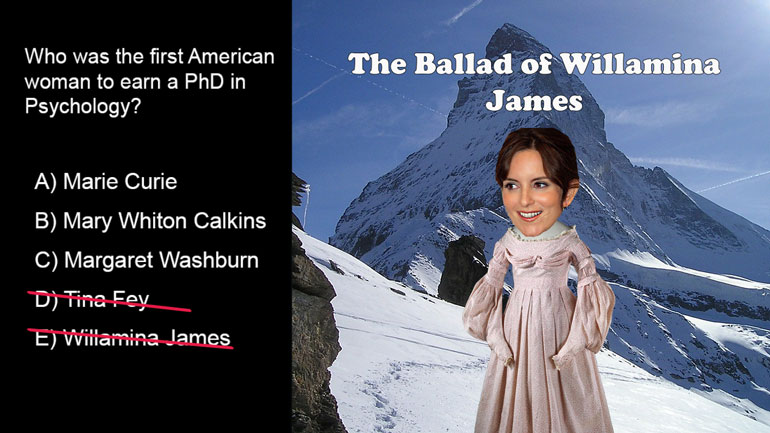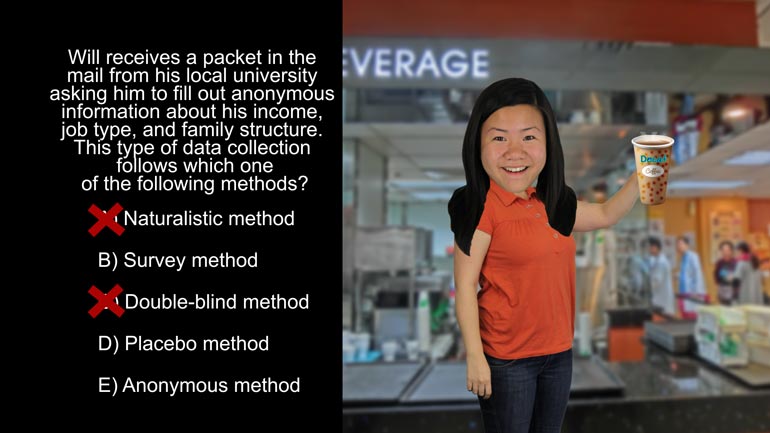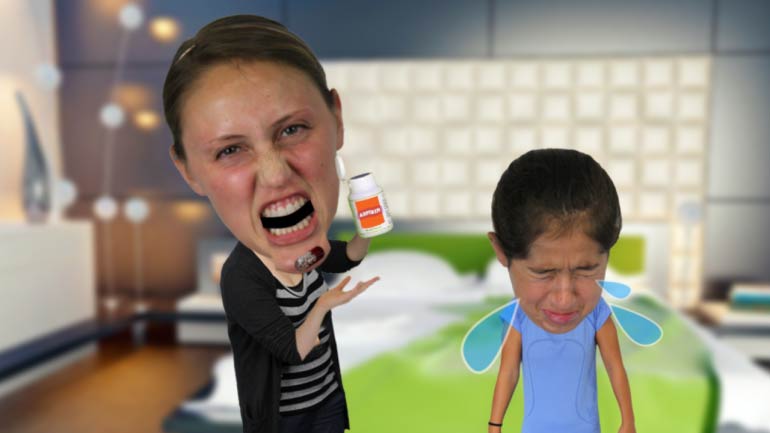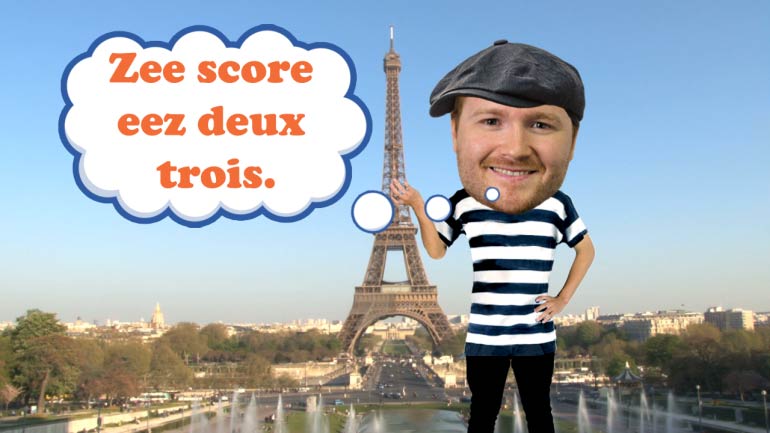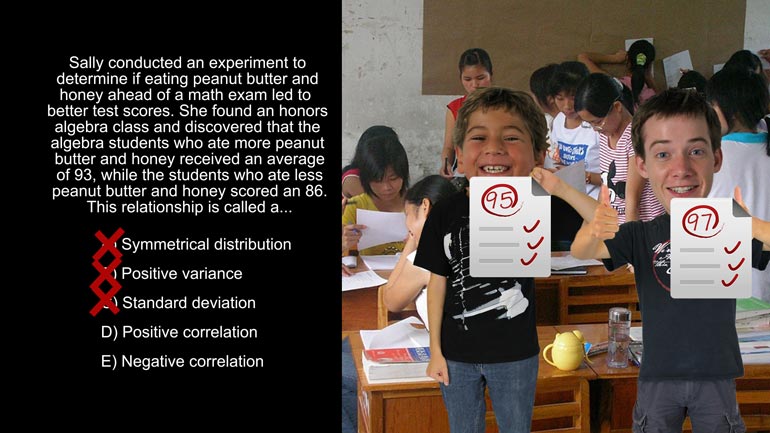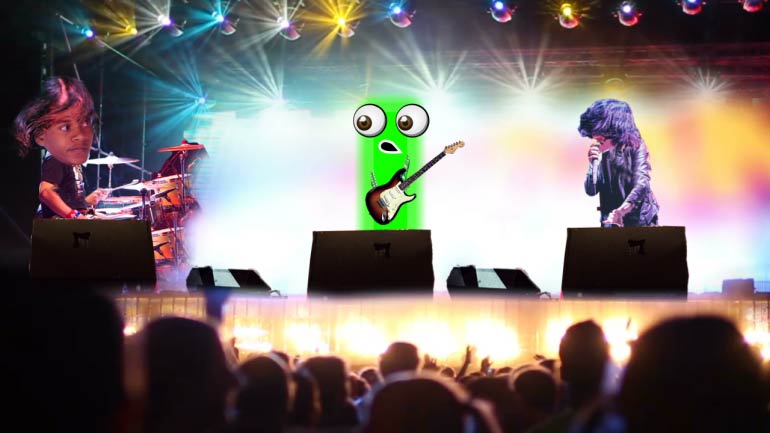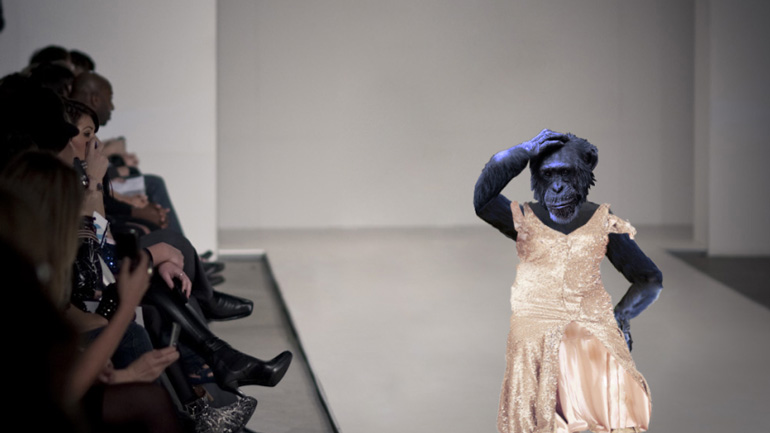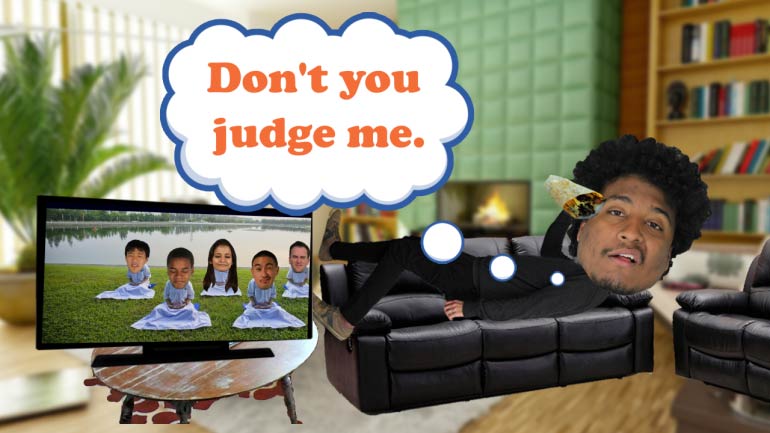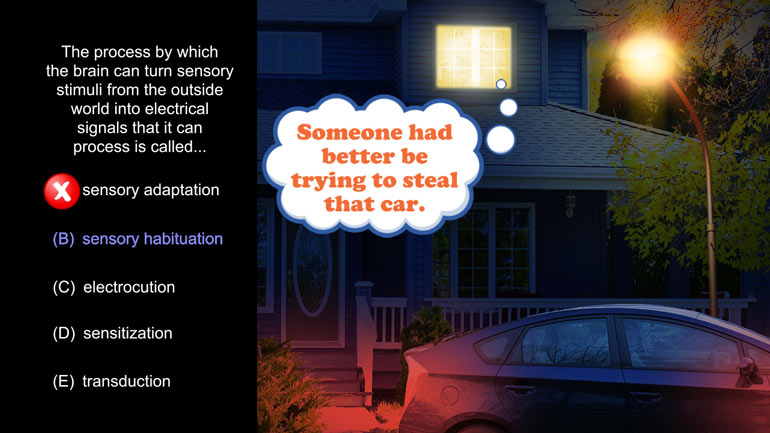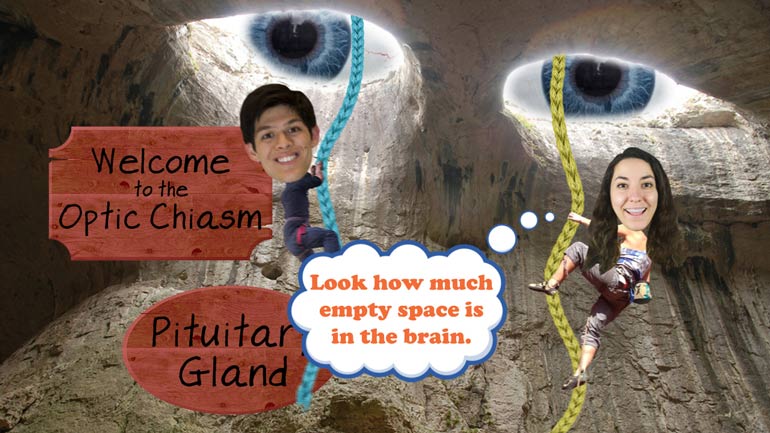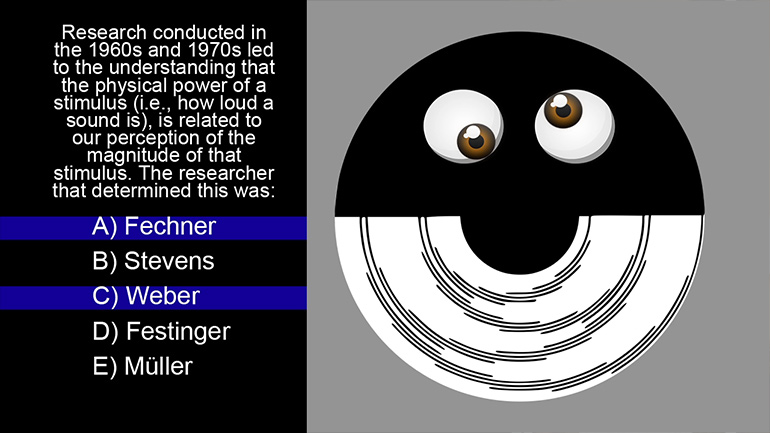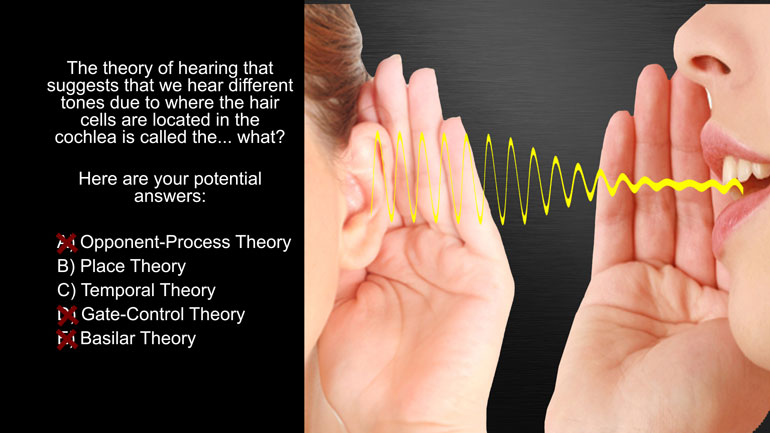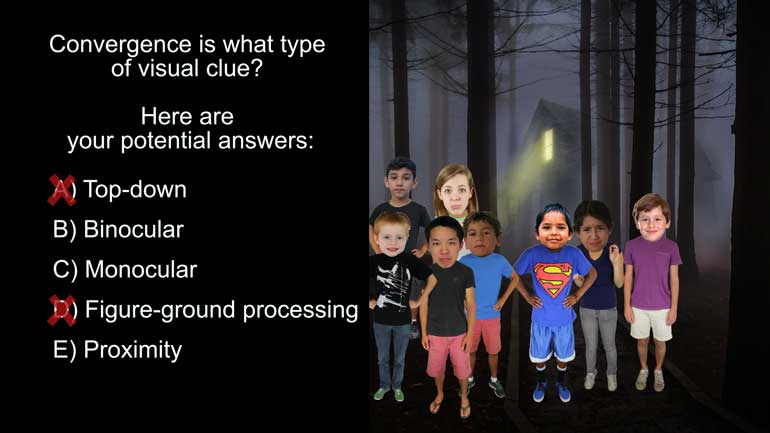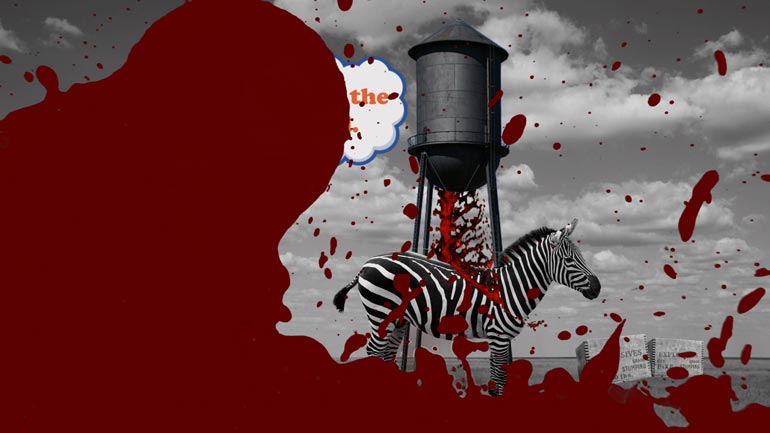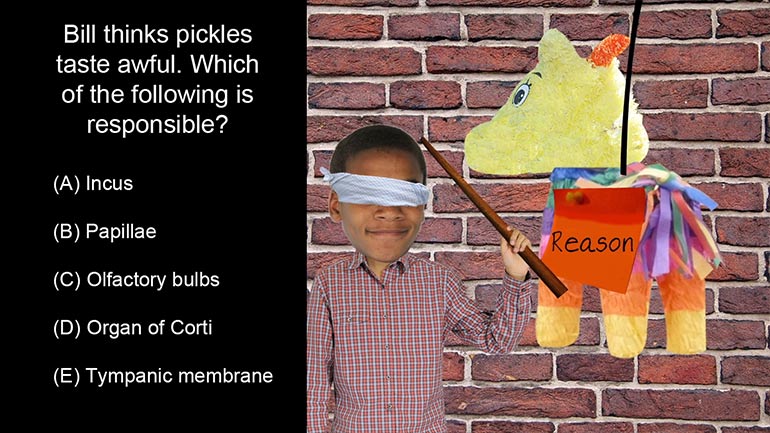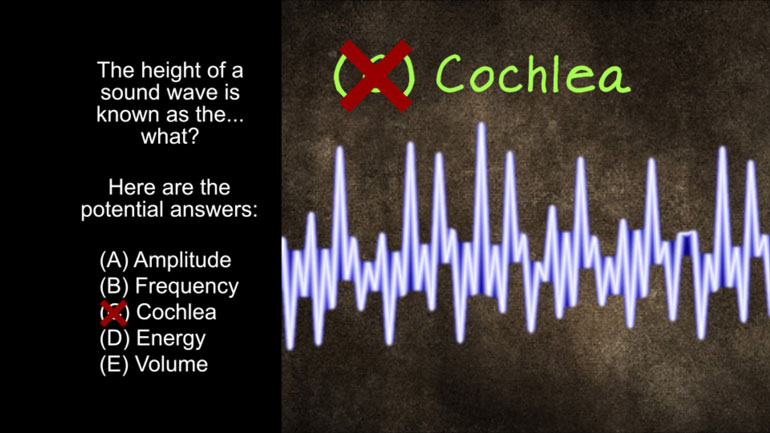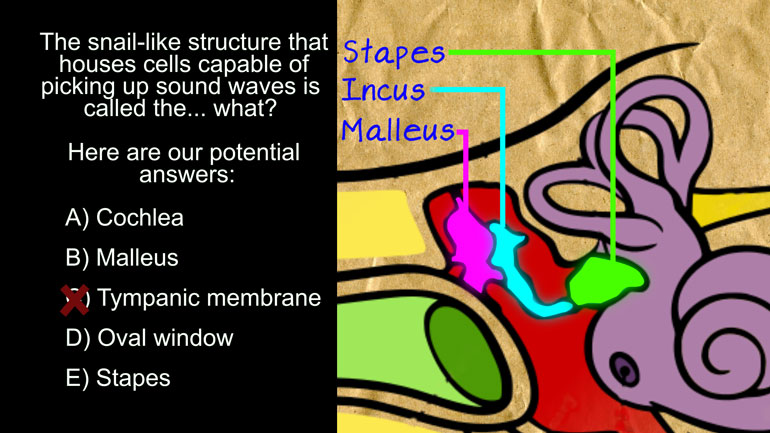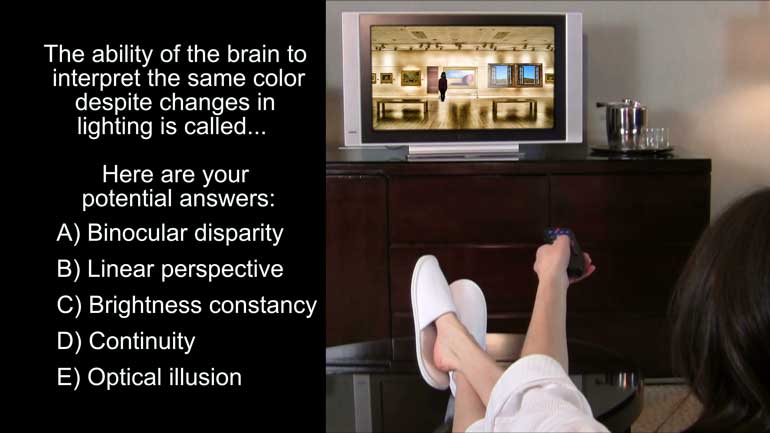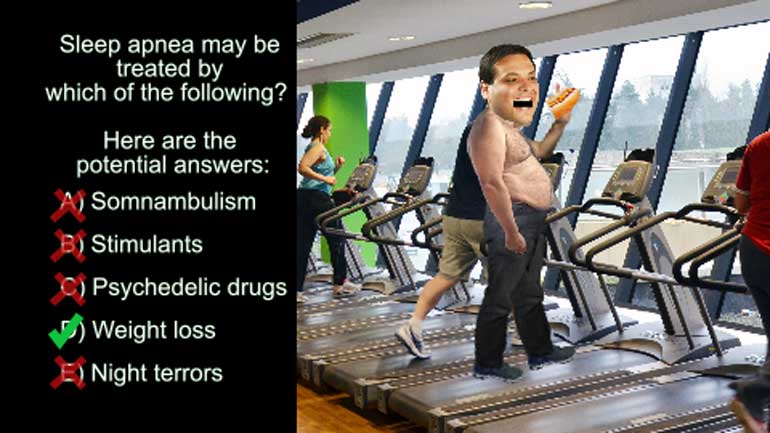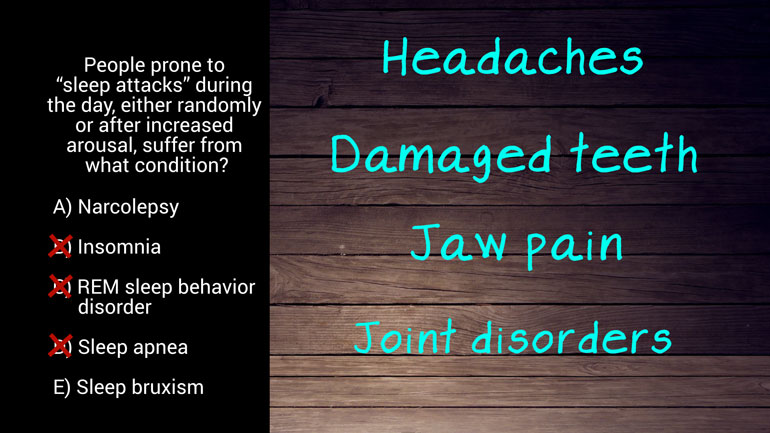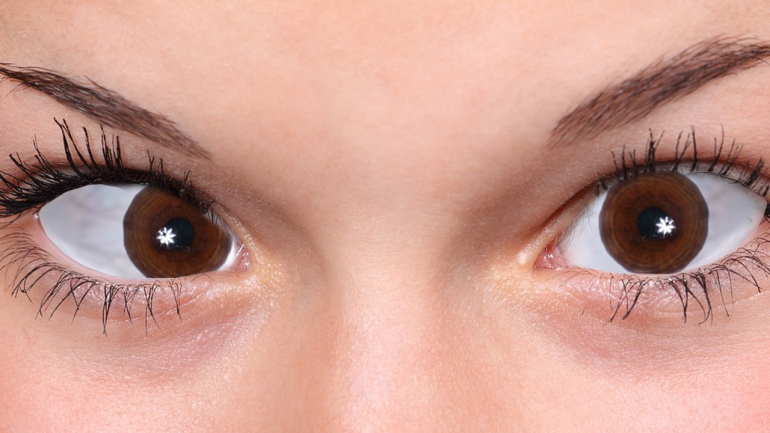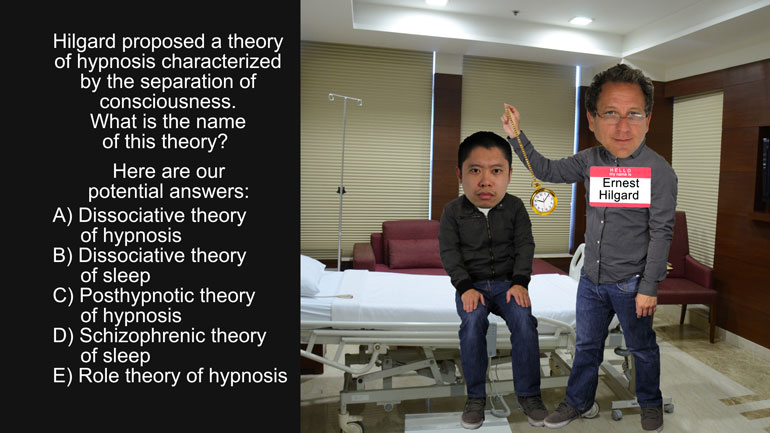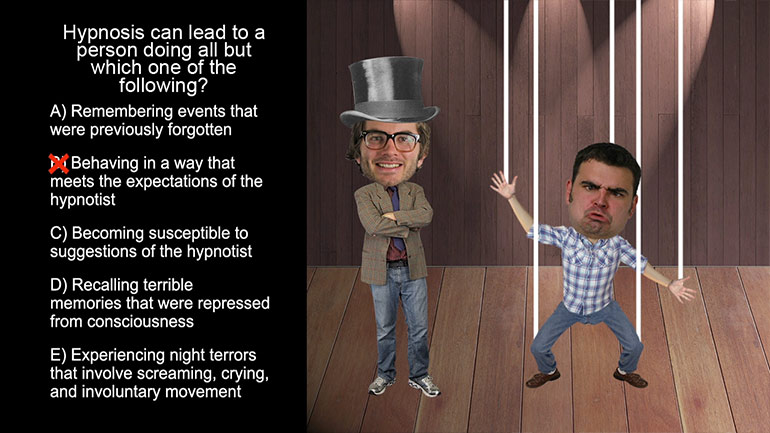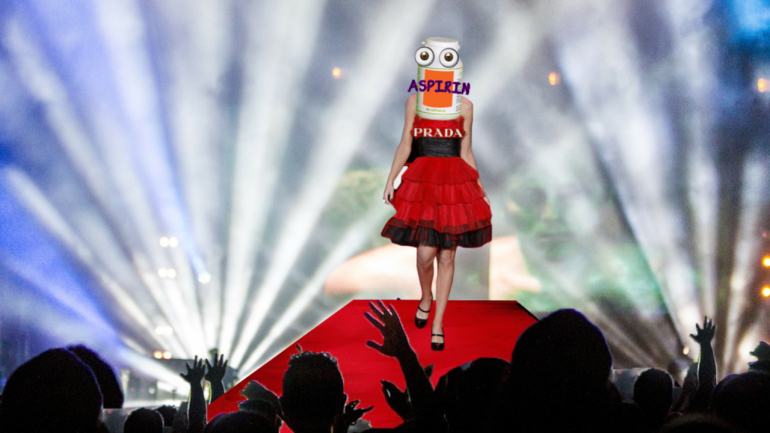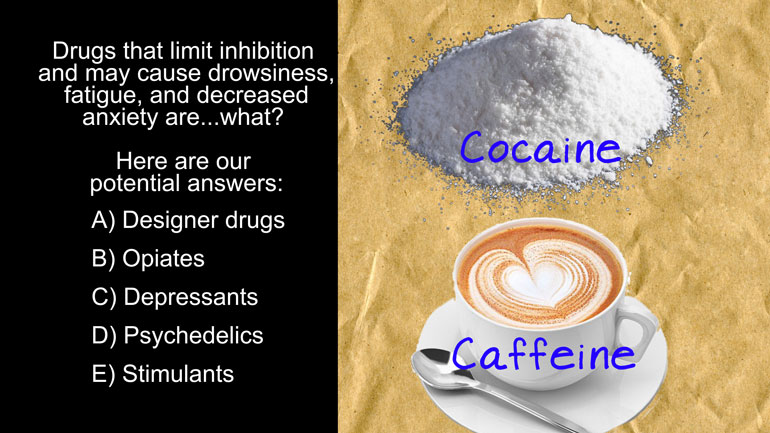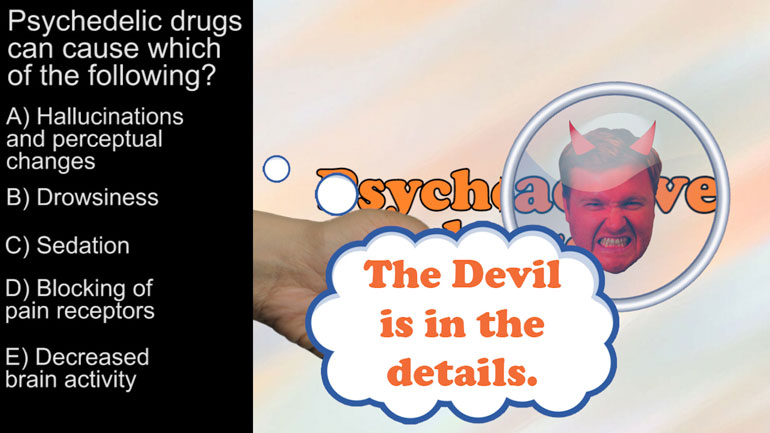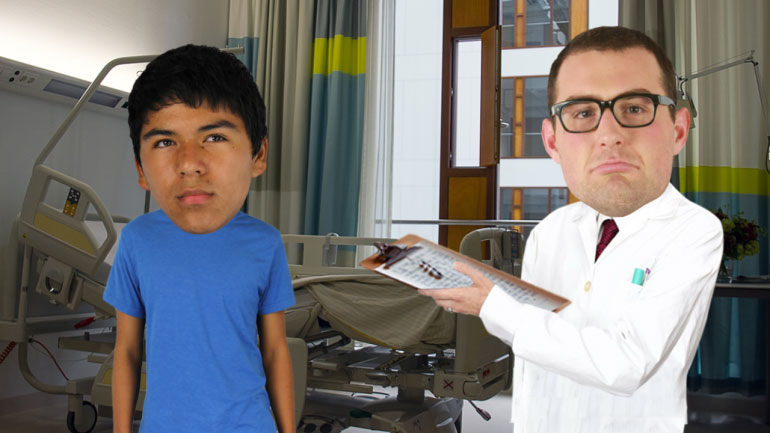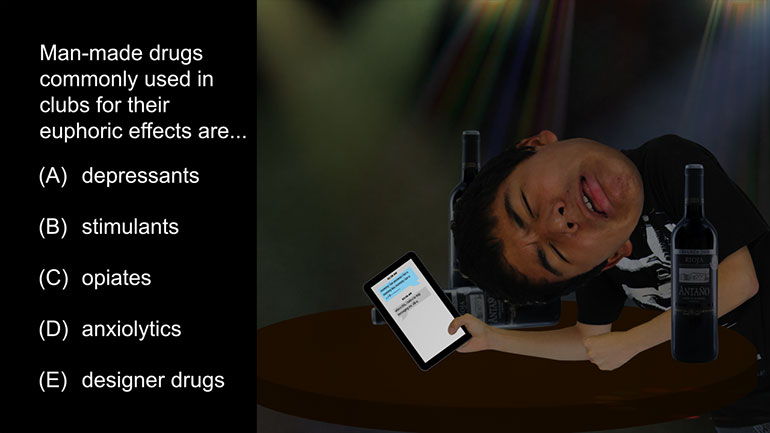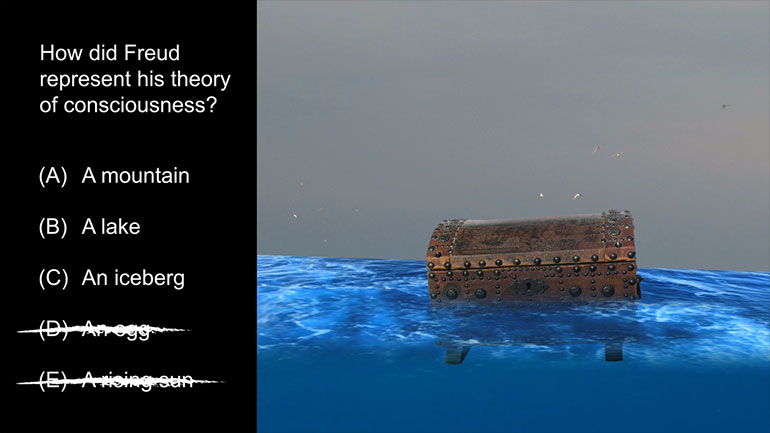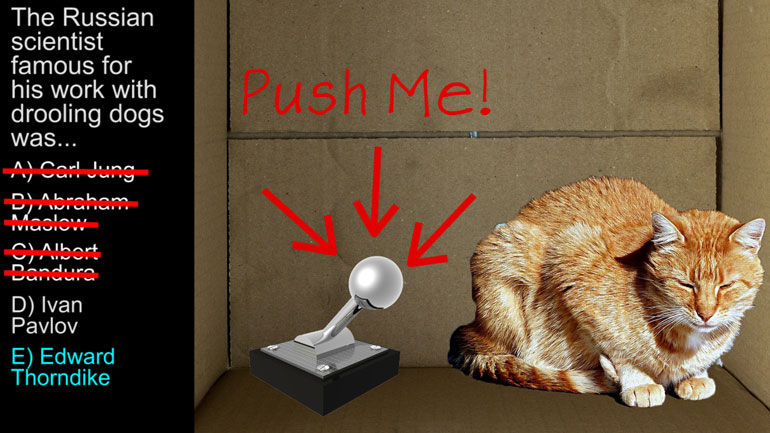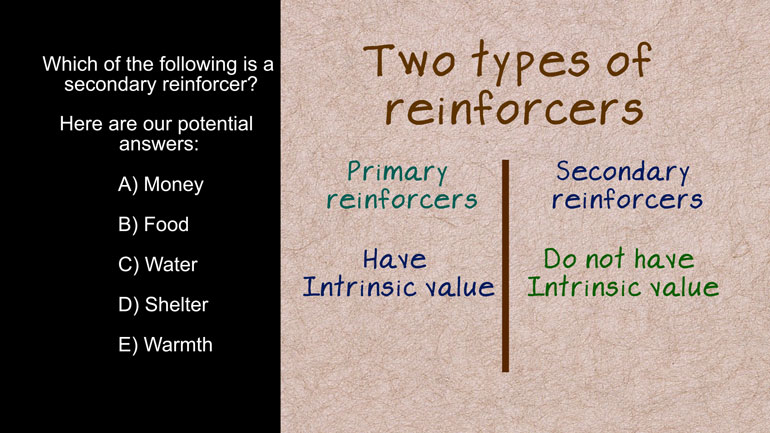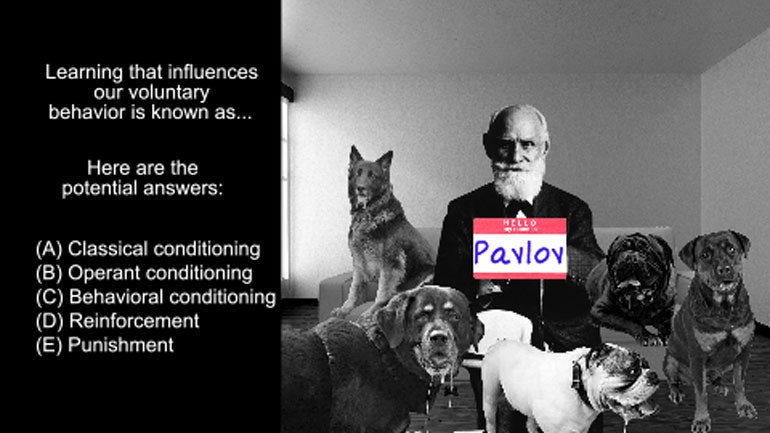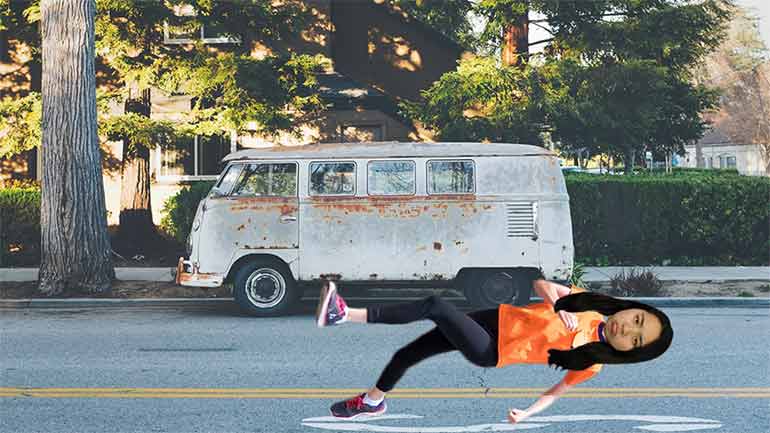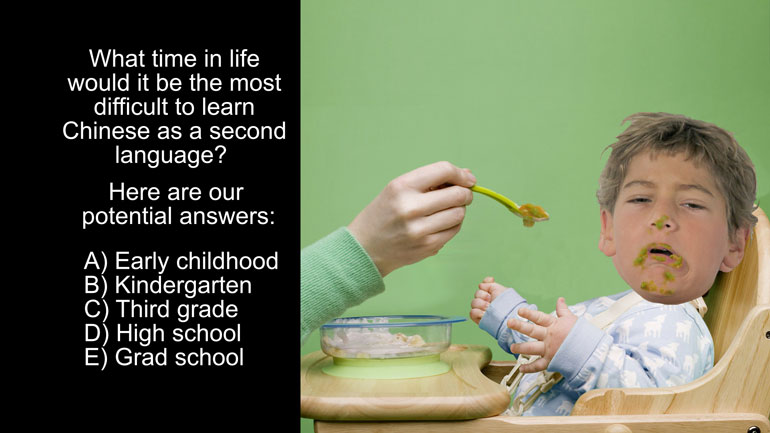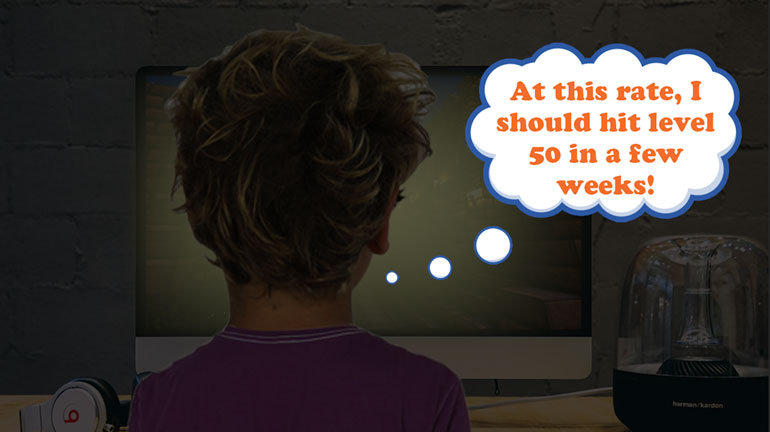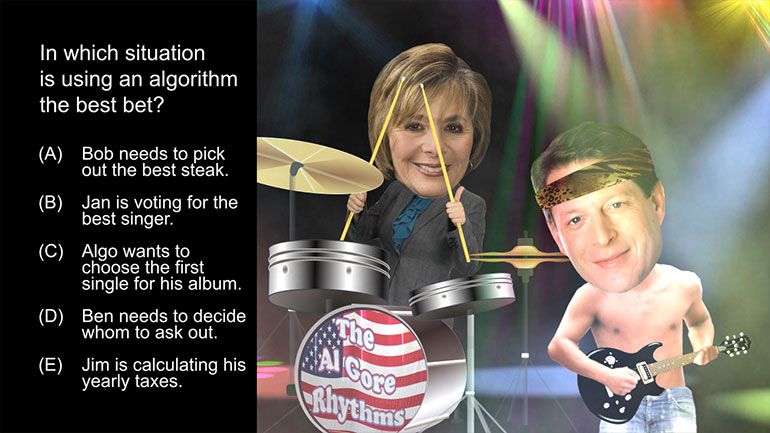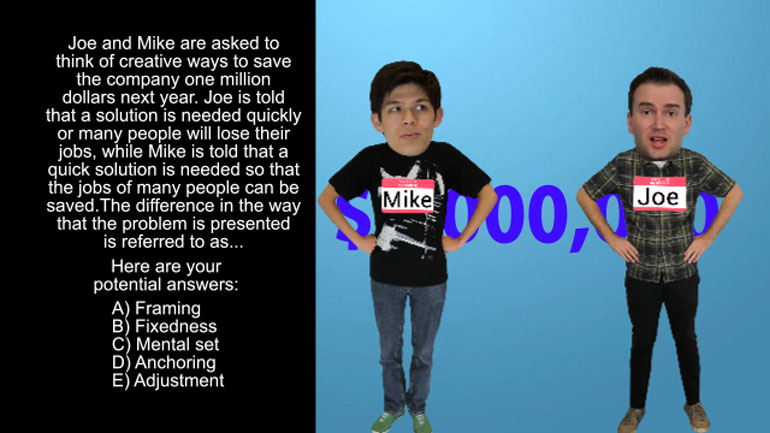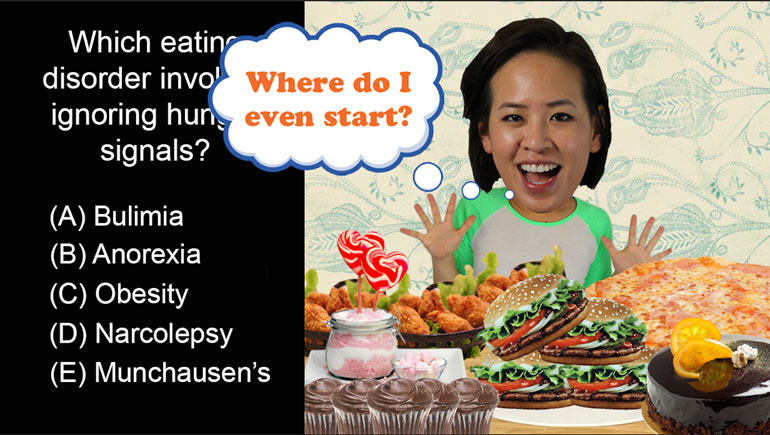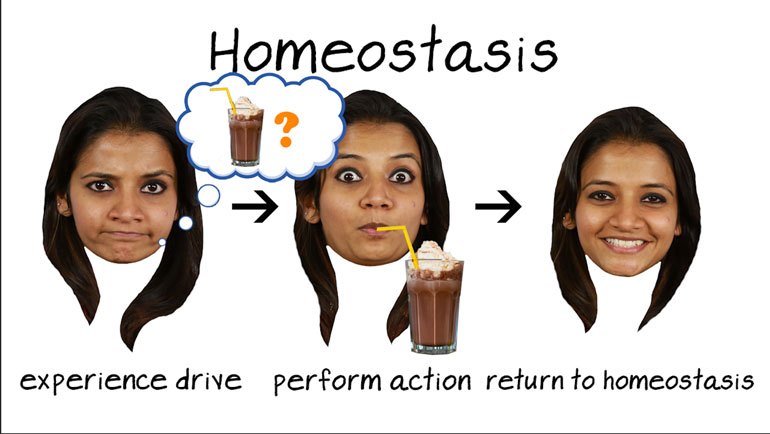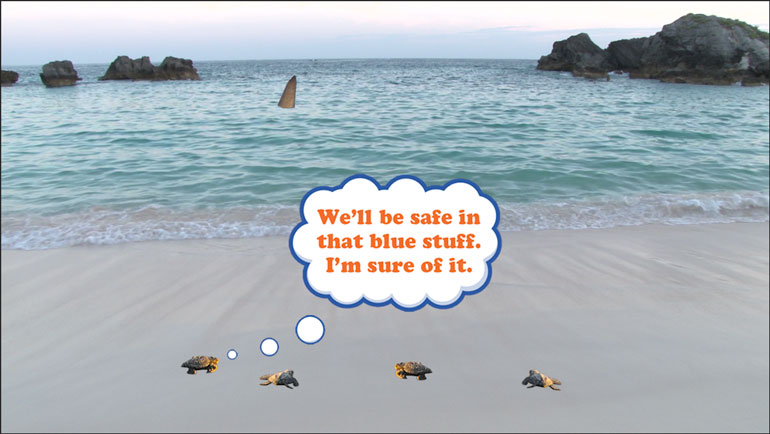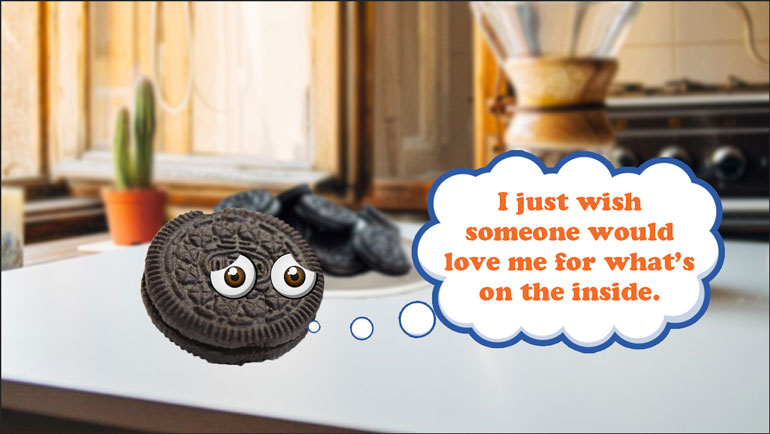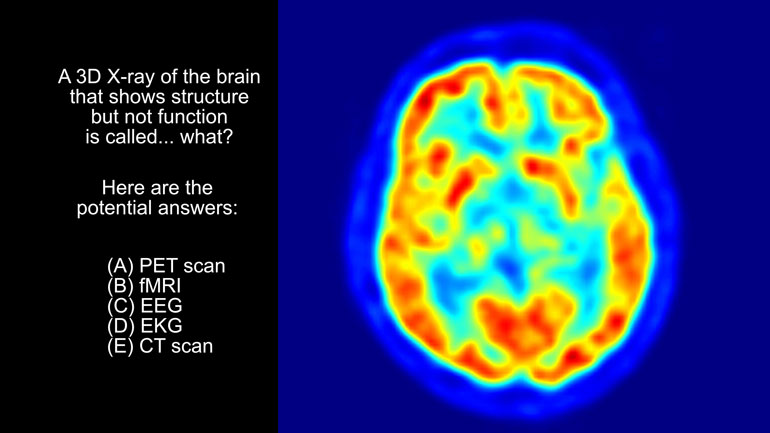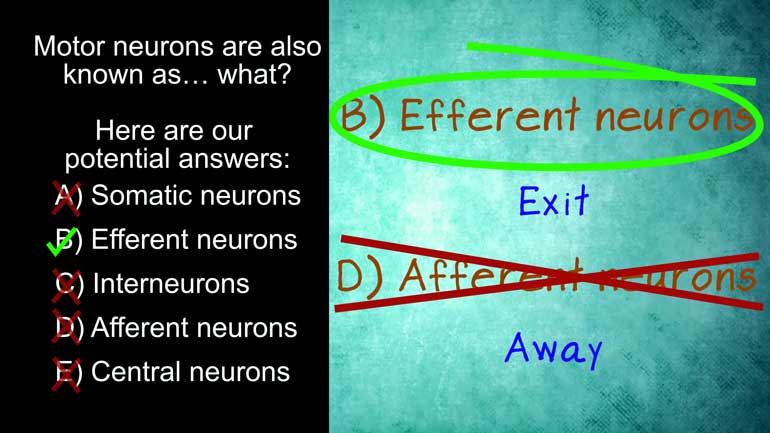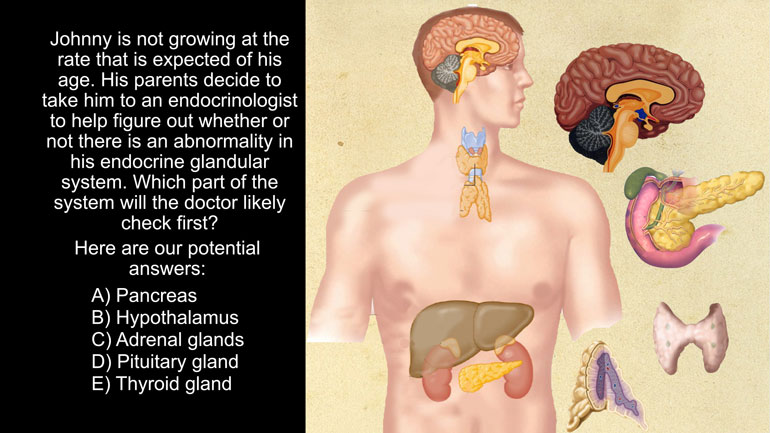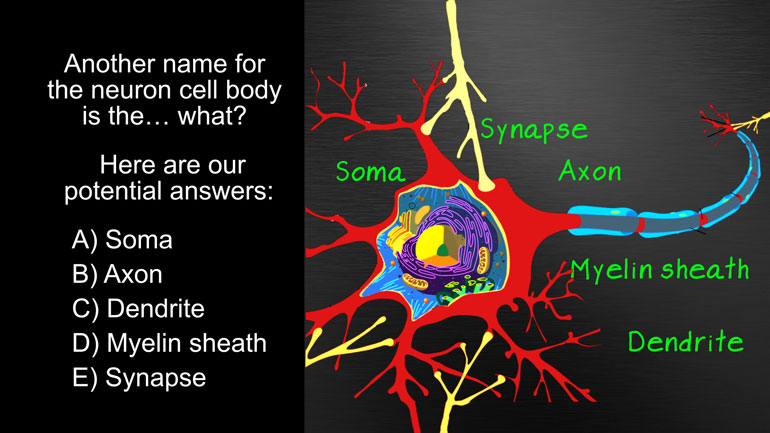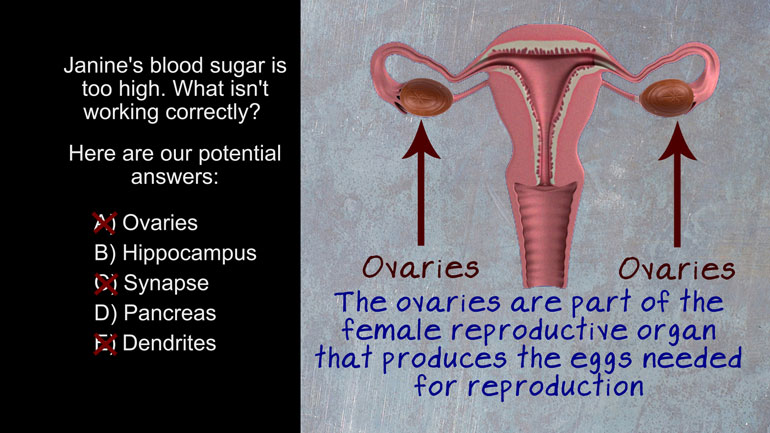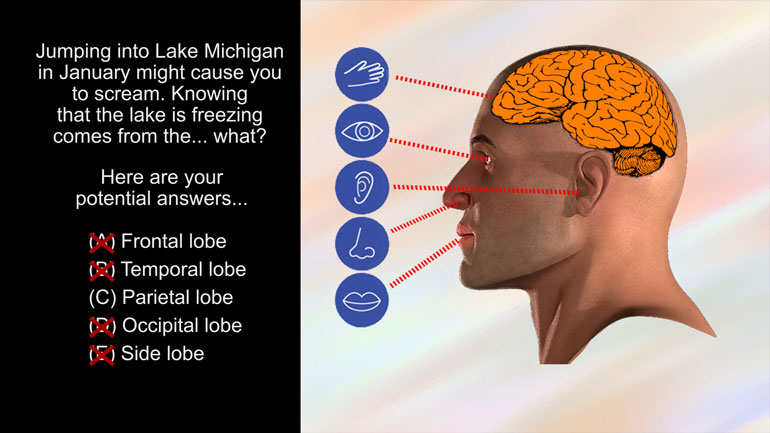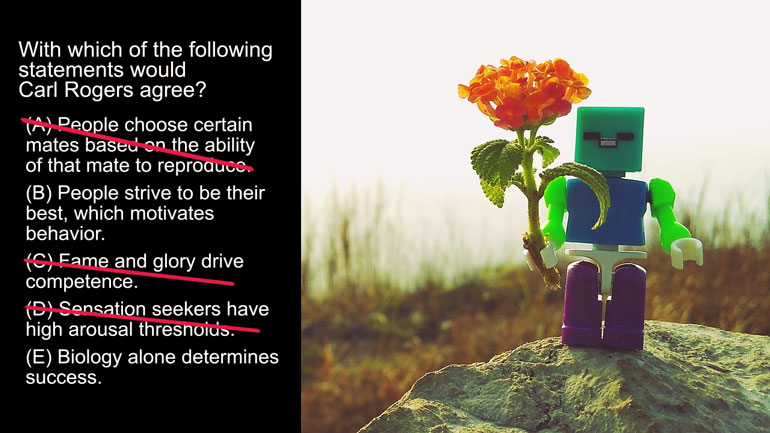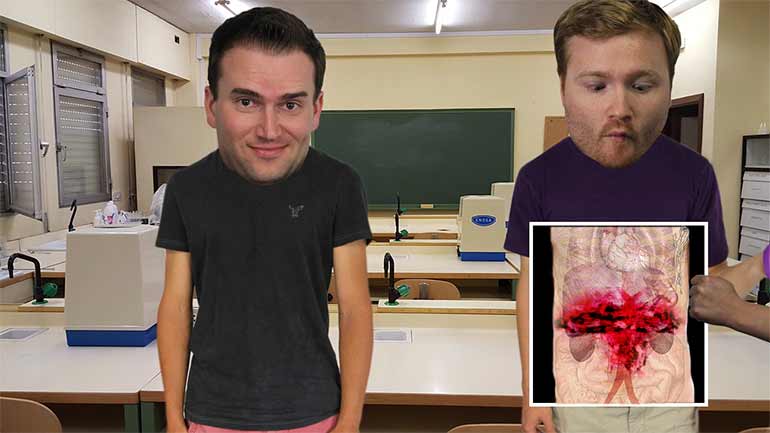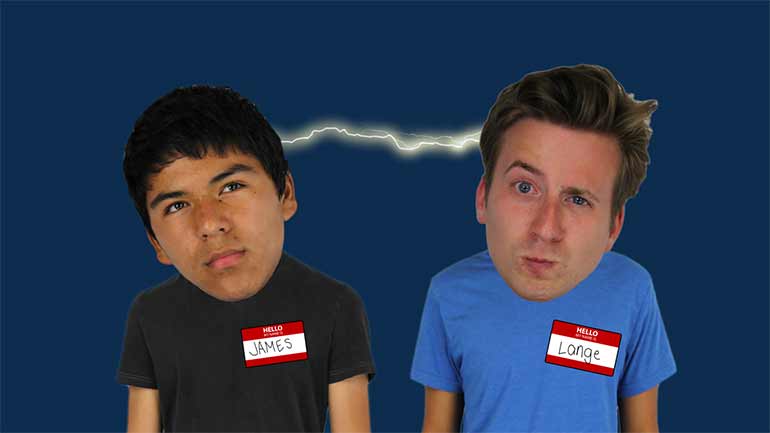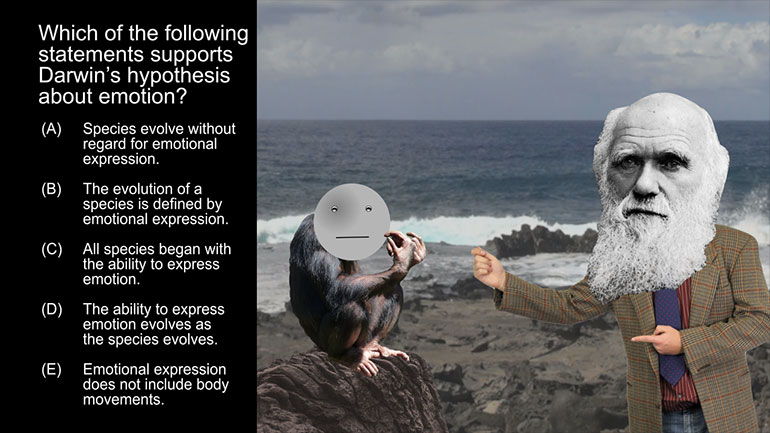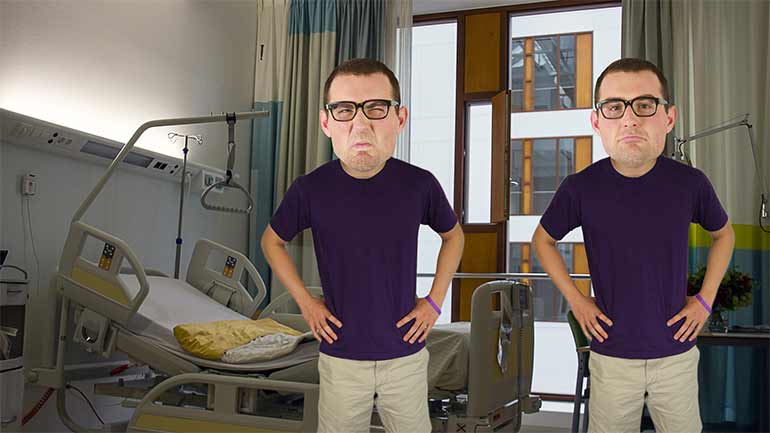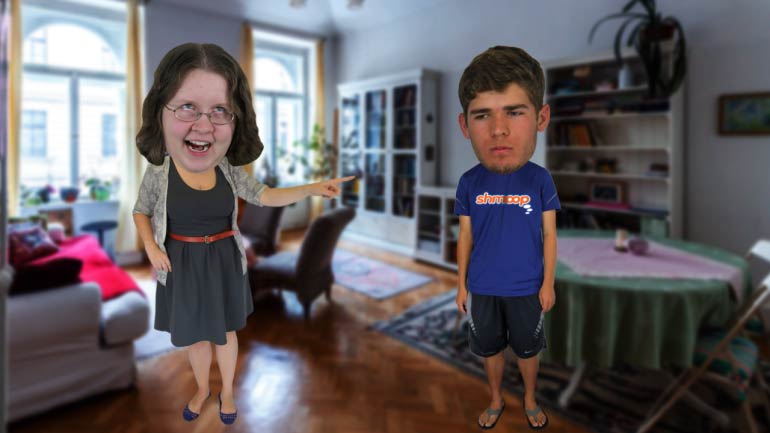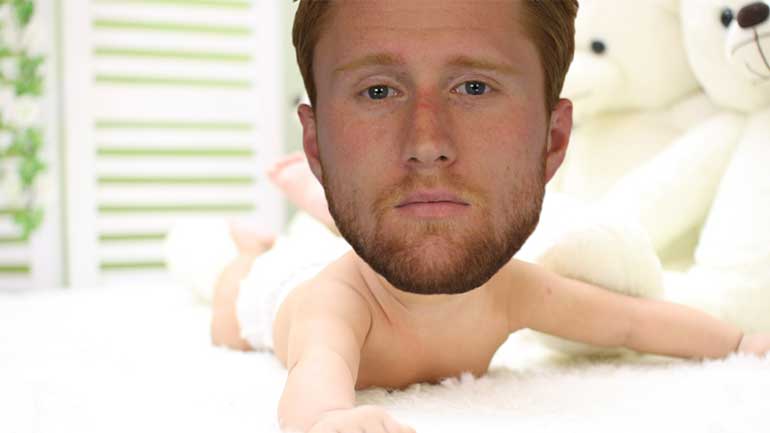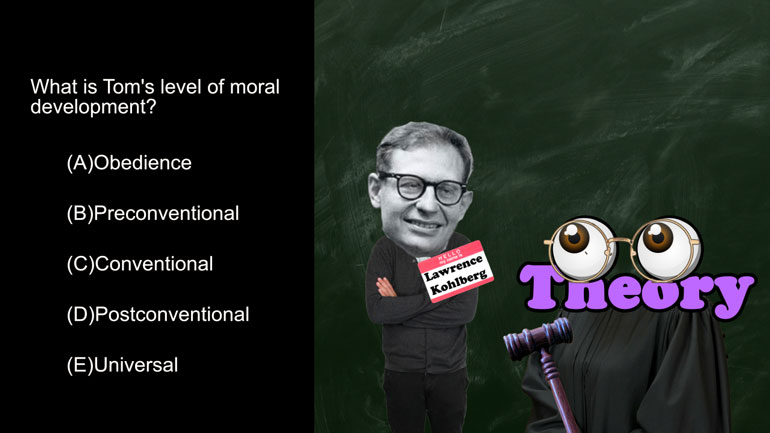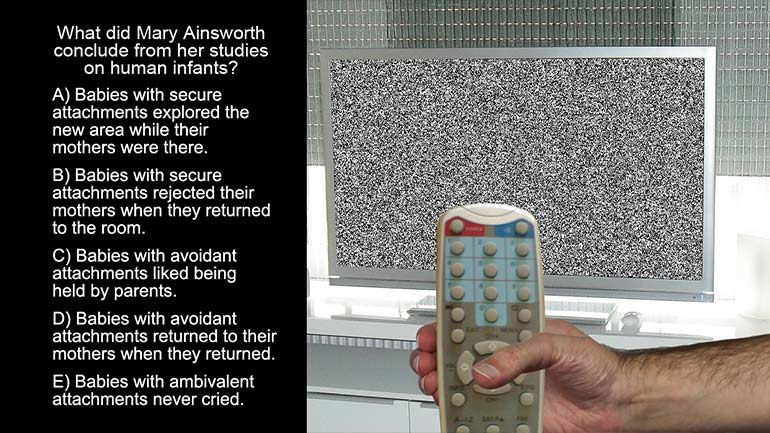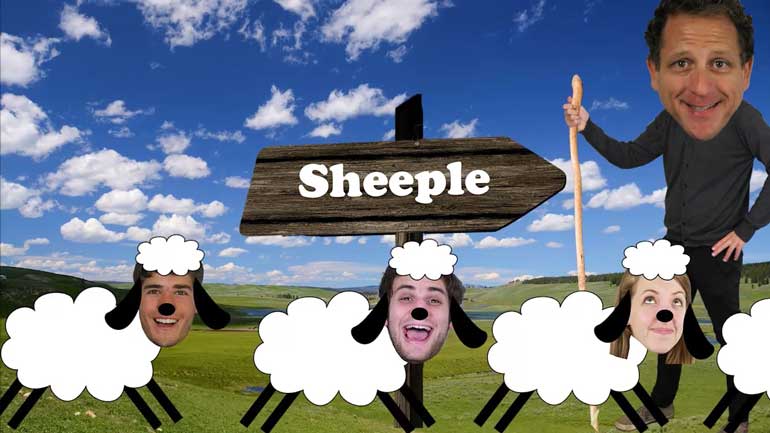ShmoopTube
Where Monty Python meets your 10th grade teacher.
Search Thousands of Shmoop Videos
AP Psychology Videos 135 videos
AP Psychology 2.3 Testing and Individual Differences. Which factor below needs to be considered in the administration and evaluation of the attenti...
AP Psychology 2.4 Testing and Individual Differences. Which of these is an example of studies used in the nature vs. nurture debate of intelligence?
AP Psychology 1.2 Developmental Psychology. How would you respond to someone stating that babies are born without any real sense of the world aroun...
AP Psychology 3.1 Developmental Psychology 5 Views
Share It!
Description:
AP Psychology 3.1 Developmental Psychology. What is alcohol referred to as in this context?
Transcript
- 00:04
Here's your shmoop du jour brought to you by the placenta which [Man walks to table with placenta on a plate]
- 00:08
really doesn't taste like chicken don't believe the lies...
- 00:11
Here's the question fetal alcohol syndrome is the result of a fetus being exposed to alcohol
- 00:17
in the womb. Alcohol is a chemical that can pass through the placenta if
- 00:21
ingested by the mother and is referred to as a what and here are our potential
Full Transcript
- 00:26
answers.....we'll tell you right now the first three answers
- 00:31
don't fit the bill at all stimulants are drugs like caffeine and ecstasy they [Person holds cup of coffee and a pill of ecstasy]
- 00:37
cause you to feel stimulated it's hard to take a nap when you're hopped up on
- 00:41
stimulants and although hops and naps both definitely have to do with [Man takes drink of bottle on park bench]
- 00:44
alcohol stimulants themselves don't... opiates are psychoactive drugs like
- 00:50
morphine and codeine that come from the opium poppy plant last we checked
- 00:54
alcohol does not come from a plant well not usually okay fine most are but not [Selection of alcoholic drinks]
- 01:00
from the poppy plant all right well how about C -psychedelics are psychoactive
- 01:04
drugs like LSD that do exactly what they sound like they psych you out by [Man riding on a unicorn]
- 01:10
switching up your cognition and perception and while alcohol certainly
- 01:14
alters your perception slightly it's definitely not psychedelic ...Acohol is
- 01:18
technically classified as a depressant something that lowers your
- 01:22
neurotransmission levels however even if they were one of our answers it's not [Man with head in his hands]
- 01:27
we're looking for..Sorry for getting your hopes up there for a second...
- 01:29
and an allergen isn't it either because the feuts isn't technically allergic to [Woman sneezing]
- 01:35
the alcohol but we all know that you don't have to be allergic to something
- 01:38
for it to cause you harm well no one's allergic to bullying or global warming [Students bullying classmate and polar ice caps appear]
- 01:42
or really overcooked spaghetti but that doesn't mean all those things aren't bad
- 01:46
for you well the answer we want is D - teratogen you knew it would be the word
- 01:50
you've never heard before right? Teratogens
- 01:53
include anything that can prohibit normal development of the fetus drugs [Woman taking drink of alcoholic drink]
- 01:57
that are not filtered out by the placenta can cause harm to the fetus so
- 02:01
they fall into the category of teratogen...Teratogen a word which if you ask us
- 02:05
should really well be obviously more negative like carcinogen, toxicology or
- 02:11
Voldemort... we said his name, better get out of [Voldemort appears and people run away]
- 02:13
here quick well we hope you enjoyed the last shmoop video ever made...
Related Videos
AP Psychology 2.2 Social Psychology. Which of the following was an independent variable manipulated in Asch's research?
AP Psychology 1.1 Personality. According to Freud, these three parts of personality are constantly in conflict.
AP Psychology 1.1 Sensation and Perception. The process by which the brain can turn sensory stimuli from the outside world into electrical signals...
AP Psychology 1.1 Social Psychology. Which of the following best describes social psychology?
AP Psychology 1.1 States of Consciousness. Who conducted research on REM sleep deprivations?
